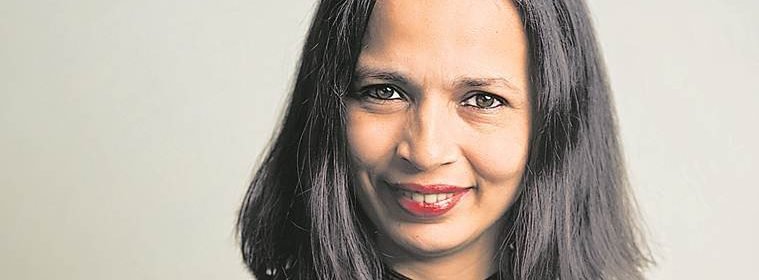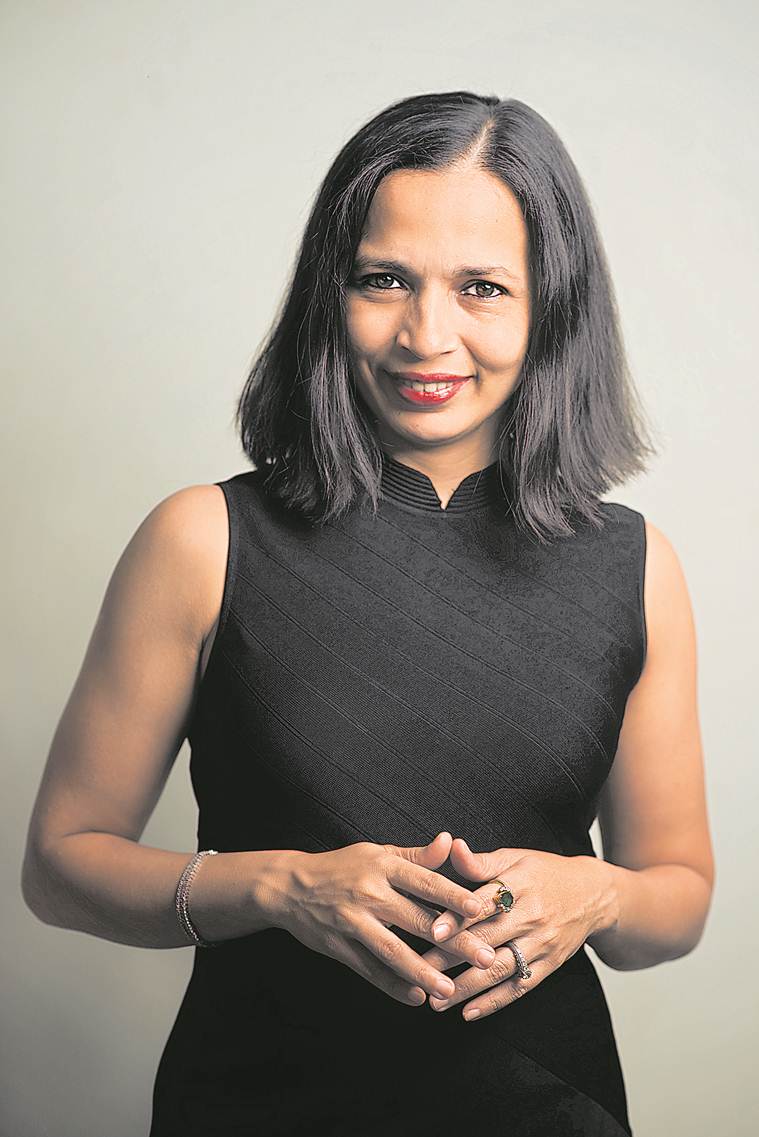Feeding the child

Nutritionist Rujuta Diwekar on her latest book for children, parenting in today’s time, and why policy intervention is required

Noted dietician Rujuta Diwekar’s latest book is for the children — Notes for Healthy Kids. Though the book focusses on perfect diet, healthy eating habits and dealing with common diseases, it also offers an insight into concepts such as food confusion and nutrition transition. Excerpts of an interview with Diwekar, who was in Delhi over the weekend to launch her book:
How do you define a healthy child?
I define her as someone who has the opportunity to health, to education, to make mistakes, and to use technology. Practically, it would mean that she is a child who has access to free play, who feels that she is in a nurturing enough environment, and can make daily complaints like ‘I’m bored’ and doesn’t hear the words ‘carbohydrate’, ‘protein’ and ‘fat’ coming from her parents.
In the book, you often bring up the differences between parents then and parents now.
It’s just difficult being a child because everyone seems to coming after you from all ends, especially the junk food companies, and there is a lot of pressure to excel in every possible thing. These days, parents tell me that their kids have an extremely busy social life, having to attend some 50 birthday parties in a year. These kind of these were not happening some 10 or 15 years ago.
Also, back then, parents just followed what came naturally to them, they depended on their common sense and only fed that was local, seasonal and traditional. Today, to just do that has become tough because there is an information overload. You almost have to be a revolutionary of sorts to just feed your child roti-jaggery or parantha or dal-chawal, because everyone is like ‘why don’t you feed them quinoa or avacado shake or salad’. Parents also need to realise that raising a healthy child is a collective responsibility, not something two people can do in isolation.

Is there anything that present-day parents are better at than their yesteryear counterparts?
Parents these days are more open whether it is discussing about period, or sex or about other choices that a child can make. There is definitely more freedom and parental approval. Obesity is an issue for children today, but a regular mention of non-communicable diseases such as diabetes and cancer seems like a reality check in a diet book for children.
We tend to see obesity as an individual problem, what we don’t realise is that we’re growing up in an obesogenic environment. We’re doing everything to make children fat, unhealthy and sick. Look at the number of allergies they have these days. It has become a normal thing for a child to fall sick every month. There are many things we have to resolve at a policy level and need government intervention, such as better mass transport and footpaths so that children can walk to school, more green areas so that going out and playing becomes a natural choice, and thirdly, for pollution. If the air quality is going to be so poor, sickness is going to be a norm.
We should have regulation on junk-food advertisements and companies can also be told to not offer a toy with food. It is easy to tempt a child, that is why we need policies to protect them. Also, the UN has this slogan ‘make healthy choice, the easy choice’. We need to change the environment so that we don’t become a fat republic at the end of the day; it will come at a huge economic cost.
Source: Read Full Article